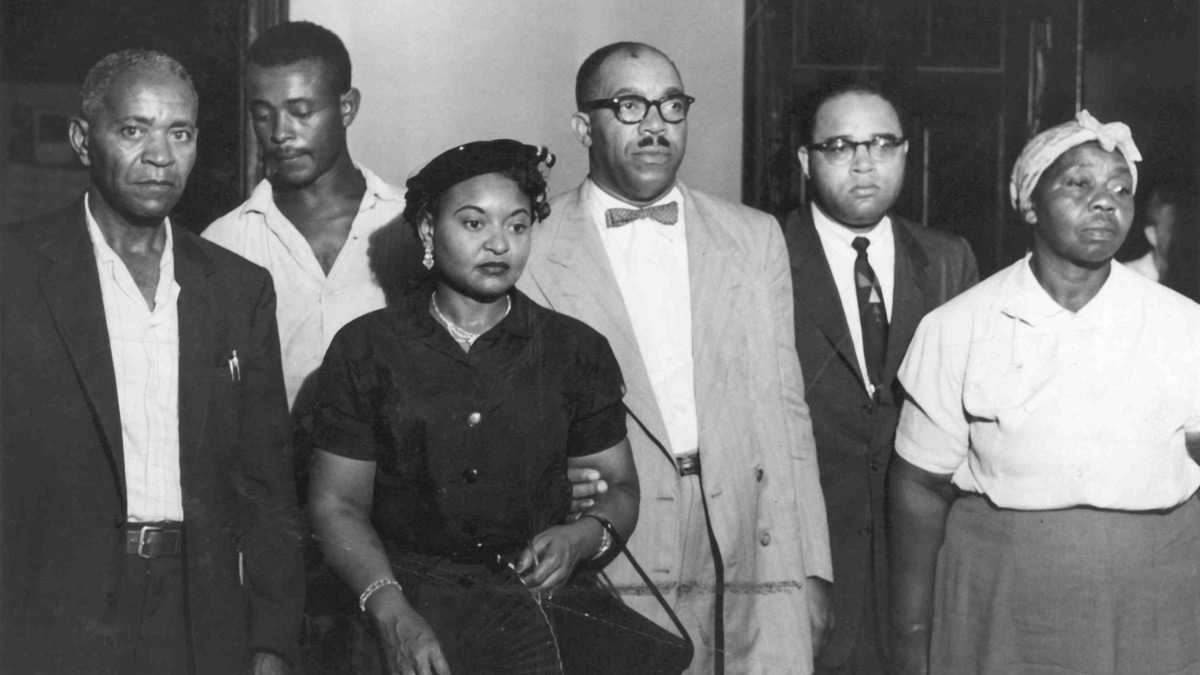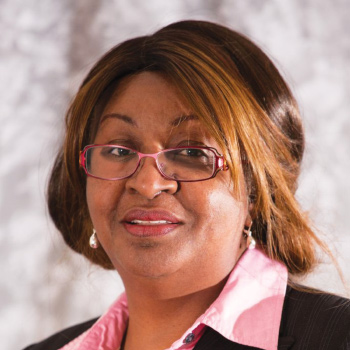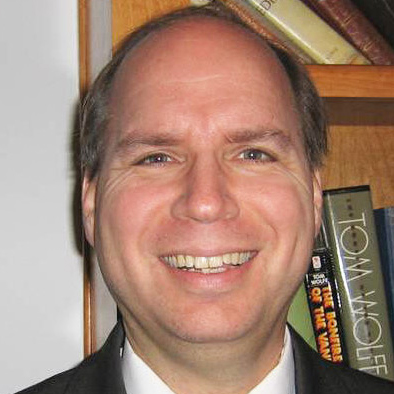Recent news that the Justice Department will reopen the Emmett Till murder case represents a belated vindication of a (now forgotten) civil rights legend: Dr. T.R.M. Howard (1908-76). After an all-white jury acquitted Till’s killers (who later admitted their guilt in exchange for money) in September 1955, no black leader pushed harder for the federal government to take up the case with additional charges.
As he made these demands, it was hard for anyone to ignore someone of Howard’s accomplishments. Born in rural poverty in western Kentucky, he had risen to wealth in the all-black town of Mound Bayou, Mississippi, as a surgeon and entrepreneur. His enterprises included a thousand-acre plantation, a home construction firm, an insurance company, the first swimming pool for blacks in Mississippi, a restaurant with a beer garden, a small zoo, and a hospital that gave affordable care to tens of thousands.
In 1951, Howard organized the Regional Council of Negro Leadership (RCNL), which led a successful boycott of service stations that refused to provide restrooms for blacks. The RCNL weaved together an agenda of self-help, entrepreneurship, thrift, and voting rights and was instrumental in introducing such leading activists of the 1960s as Medgar Evers and Fannie Lou Hamer into the civil rights movement.
In 1954, Howard pushed aggressively for implementation of the U.S. Supreme Court’s ruling in Brown v. Board of Education striking down school segregation. The RCNL’s aggressiveness prompted a racist backlash led by the “Citizens Councils,” which included both economic pressure and such acts of terrorism as the 1955 murders of two of Howard’s RCNL associates and friends, Rev. George W. Lee in May and Lamar Smith in August.
When 14-year-old Emmett Till was reported missing only three weeks after Smith’s slaying, Howard was ready to move into action—vowing “hell to pay in Mississippi” if Till was not found unharmed. Two white half-brothers, J.W. Milam and Roy Bryant, had abducted the boy after he had allegedly wolf-whistled at one of their wives.
Howard’s worst fears were confirmed when, by chance, a fisherman spied Till’s mangled body in the Tallahatchie River. When the local authorities put Milam and Bryant on trial for murder in September, Howard turned his home into a refuge for Till’s mother (Mamie Till Bradley), black reporters, and witnesses, several of whom he had helped to track down. Every day, he escorted Bradley to the trial in an armed caravan.
In the end, none of it really mattered. On Sept. 23, an all-white jury deliberated for an hour and a half before finding the defendants not guilty. According to one of the jurors, “If we hadn’t stopped to drink pop, it wouldn’t have taken that long.”
Howard was not surprised. Shortly before the verdict, he had predicted that “a white man in Mississippi will get no more of a sentence for killing a black person as he would for killing a deer out of season.”
If white Mississippians thought this meant the end of it, Howard proved them wrong. Days after the verdict, he began a NAACP-sponsored speaking tour which focused on Till.
During the next three months, he attracted thousands at a time in Baltimore, Pittsburgh, Los Angeles and other major cities. A common theme (later proven to be true) in his speeches was that others had helped Milam and Bryant in their crime. He also cited evidence (also later proved true) that the local sheriff had conspired to hide crucial witnesses.
Howard repeatedly demanded the FBI take jurisdiction, declaring that “it’s getting to be a strange thing that the FBI can never seem to work out who is responsible for the killings of Negroes in the South.” An enraged FBI Director J. Edgar Hoover (then generally considered a sacred cow) responded by shooting off an open letter to the press charging Howard with “intemperate and baseless charges.”
One of the least publicized stops on Howard’s tour was Montgomery, Alabama, on Nov. 27, 1955. His host was a then nationally unknown minister, Martin Luther King Jr. Rosa Parks was in the audience. Only four days later, when memories of Howard’s speech were still fresh in the minds of local African Americans, Parks refused to give up her seat on a Montgomery bus. She later said she was thinking of Emmett Till.










